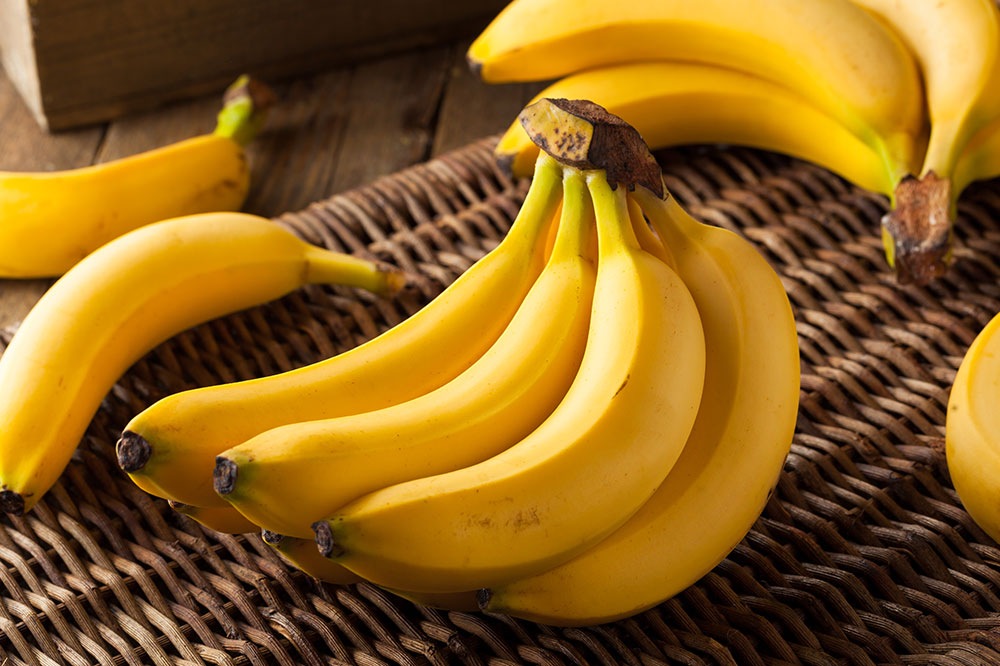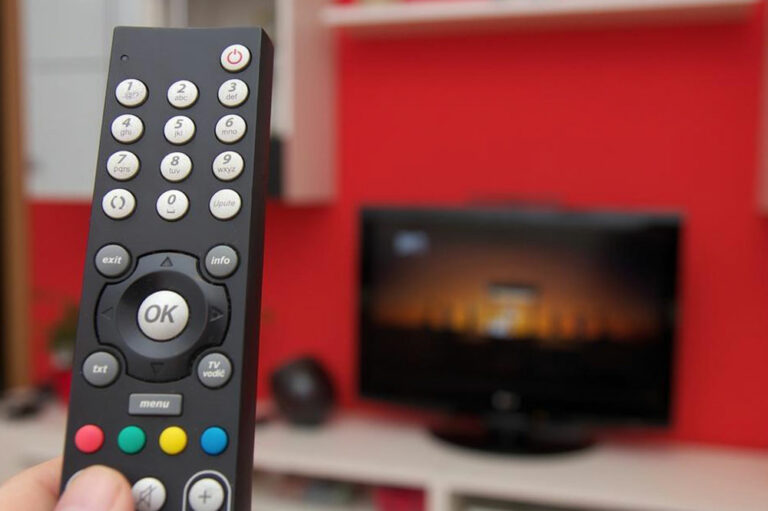The advancement in health technology has made it possible to manage cancer effectively and even cure it in some instances. But, proper nutrition is vital for patients. Certain food options not only supplement the treatment process but also help lower the risk of developing the disease by rejuvenating healthy cells. This article lists five such cancer-fighting foods. It is advisable to consult a doctor before adding any of these to the daily meals.
Bananas
Bananas are a rich source of potassium. They also help replenish electrolytes lost due to diarrhea and vomiting (side effects of cancer treatment). In addition, bananas are rich in pectin, a soluble fiber that can reduce the risk of degenerative illnesses like cancer.
Pomegranates
Pomegranates contain high amounts of vitamin C, fiber, vitamin K, and folate. They also contain antioxidants like flavonoids and anthocyanins that can reduce oxidative stress and improve immune function, which are essential for reducing cancer risk.
Garlic
Besides making food flavorful, garlic is known for its anti-cancer properties. It is loaded with nutrients like vitamin B6, vitamin C, and selenium that help fight cancer cells. Further, S-allyl cysteine (SAC), an organosulfur in garlic, can induce apoptosis (cell suicide) in cancerous cells, preventing them from spreading.
Grapes
Grapes contain an antioxidant called resveratrol that can reduce the risk of cancer. However, note that black and purple grapes have more cancer-fighting resveratrol than green varieties.
Onions
Onions contain quercetin, an antioxidant that helps fight cancer by lowering inflammation in the body. At a cellular level, quercetin can induce cell apoptosis of cancer cells in high concentrations.
While the above foods may help lower cancer risk, it is also essential to be aware of treatment options to manage the condition effectively. Xofigo® (radium Ra 223 dichloride) is one option. It is a radium 223 injection for treating prostate cancer that has spread to the bone. The main advantage is that it specifically targets only cancerous cells, leaving healthy cells relatively unharmed. A total of six injections are administered intravenously within four weeks. The common side effects of Xofigo® radium 223 cancer treatment include diarrhea, vomiting, and low blood cell counts.
Another treatment option to manage cancer is Stivarga (regorafenib). The FDA approves this anticancer prescription for individuals with gastrointestinal stromal tumors (GIST) – a rare stomach, bowel, or esophagus cancer. The treatment is suitable for people with GIST who cannot receive treatment with surgery. It is suggested for cases where cancer has spread to other parts of the body and when earlier treatments have shown no improvement.
Health experts also suggest GSK clinical trials for cancer and RET clinical trials – which are rearrangements or gene mutations of a type of lung cancer called SCLC (small cell lung cancer). A popular treatment option for RET fusion-positive NSCLC (non-small cell lung cancer) is Gavreto, approved by FDA. Rectal cancer is another common cancer type that affects one’s rectum and can be diagnosed with screening tests like colonoscopy and biopsy.
In addition to these, healthcare experts may also prescribe KYPROLIS® (carfilzomib). It is used to treat adults who have refractory or relapsed multiple myeloma, and who have received one to three treatments already for multiple myeloma. Some of its side effects are heart and kidney problems.



